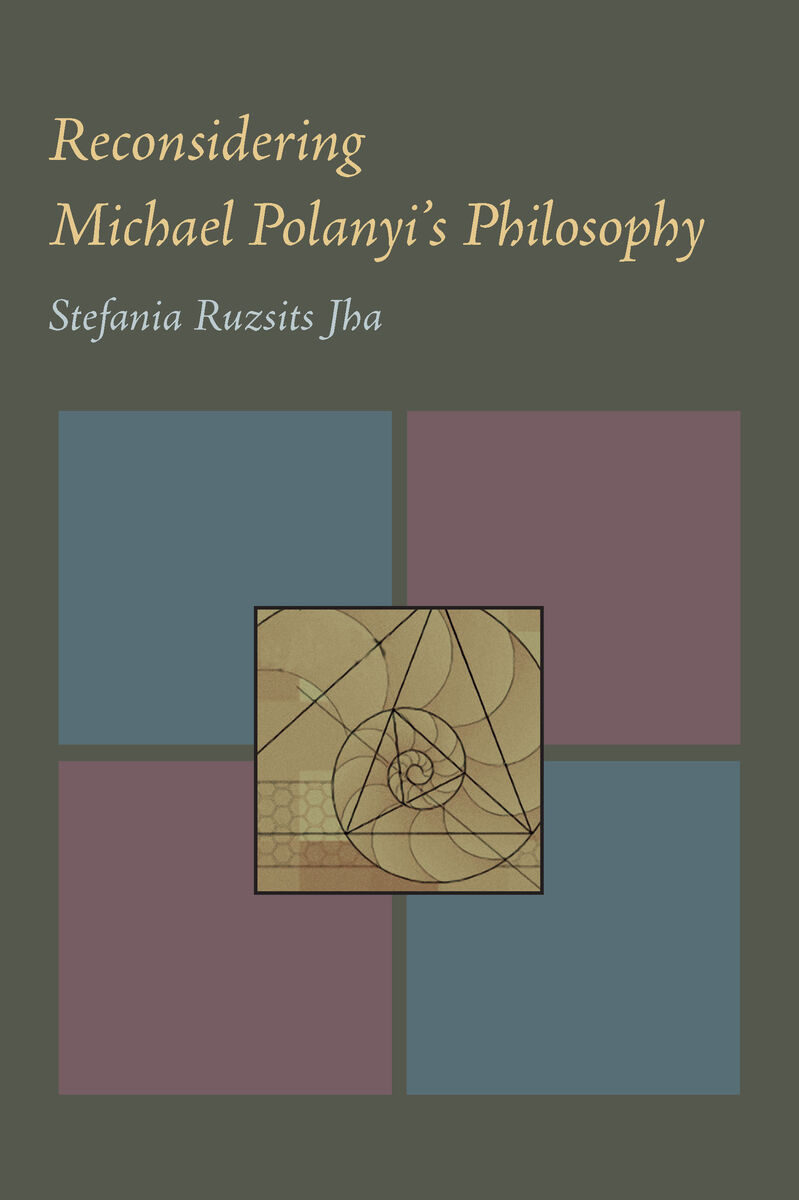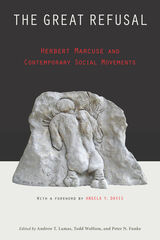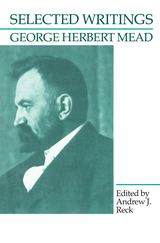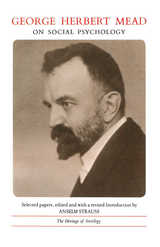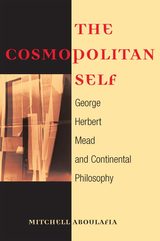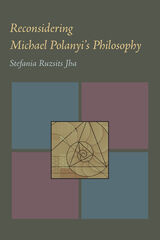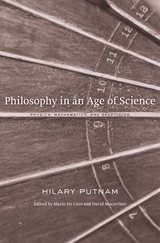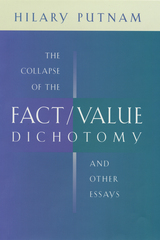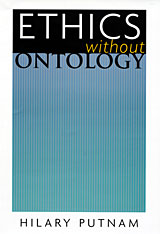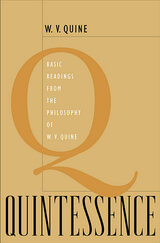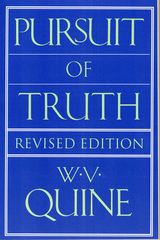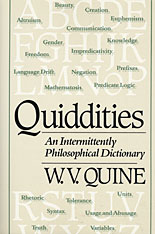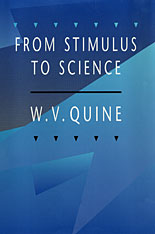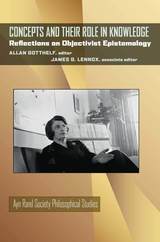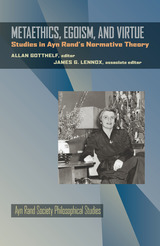Reconsidering Michael Polanyi’s Philosophy
University of Pittsburgh Press, 2002
Cloth: 978-0-8229-4165-1 | Paper: 978-0-8229-8592-1 | eISBN: 978-0-8229-7733-9
Library of Congress Classification B945.P584J48 2002
Dewey Decimal Classification 192
Cloth: 978-0-8229-4165-1 | Paper: 978-0-8229-8592-1 | eISBN: 978-0-8229-7733-9
Library of Congress Classification B945.P584J48 2002
Dewey Decimal Classification 192
ABOUT THIS BOOK | AUTHOR BIOGRAPHY | REVIEWS | TOC | REQUEST ACCESSIBLE FILE
ABOUT THIS BOOK
The chemist and philosopher Michael Polanyi (1891–1976) was one of the first twentieth-century scientists to propose a program to resolve the internal conflict of the modern Enlightenment: scientific detachment and moral nihilism with humanist values. Stefania Jha’s intellectual biography places Polanyi in the context of his time and culture, analyzes his key philosophical ideas, and explicates the application—and at times misappropriation—of his work.
Polanyi’s method was not laid out in his published works, and his vocabulary tends to make his writings difficult to understand. By exposing the structure of his theory of tacit knowing, and by tracing the growth of his thinking, Jha shows how the various elements of his thought are integrated. Through examination of his philosophical roots in Kant and the complexity of his evolving thought, she counteracts the popular notion that Polanyi’s philosophy stands apart from the western philosophic tradition.
Jha’s deep analysis makes Polanyi’s shift of focus from science to philosophy more intelligible, his philosophy more approachable, and the causes he championed—such as the freedom of science and cultural freedom—more understandable. Applying his notion of tacit knowing in practical directions, Jha seeks to bring the study of Polanyi’s philosophy out of the specialists’ enclave and into such fields as ethics and clinical medicine.
Polanyi’s method was not laid out in his published works, and his vocabulary tends to make his writings difficult to understand. By exposing the structure of his theory of tacit knowing, and by tracing the growth of his thinking, Jha shows how the various elements of his thought are integrated. Through examination of his philosophical roots in Kant and the complexity of his evolving thought, she counteracts the popular notion that Polanyi’s philosophy stands apart from the western philosophic tradition.
Jha’s deep analysis makes Polanyi’s shift of focus from science to philosophy more intelligible, his philosophy more approachable, and the causes he championed—such as the freedom of science and cultural freedom—more understandable. Applying his notion of tacit knowing in practical directions, Jha seeks to bring the study of Polanyi’s philosophy out of the specialists’ enclave and into such fields as ethics and clinical medicine.
See other books on: 1891- | Ethics & Moral Philosophy | Philosophy & Social Aspects | Polanyi, Michael | Science
See other titles from University of Pittsburgh Press
